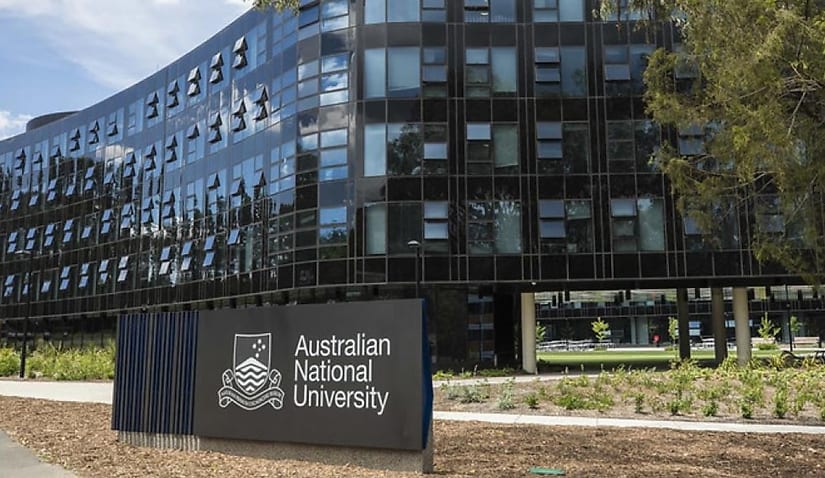An aspiring international lawyer convinced a court to set aside a decision of the Australian National University to ban him from stepping foot on campus over misconduct findings.

When a nominee of the Australian National University (ANU) vice-chancellor kicked him out of the university “on the balance of probabilities” he breached several sanctions, the unnamed student began a campaign to protect his reputation for a future legal career.
The new appeals committee upheld the misconduct findings, but instead of kicking the student out, it ordered that he be excluded from ANU’s premises, facilities and activities for the duration of his enrolment and examination period for his doctorate in philosophy.
The student was recently offered a scholarship to the Masters of Legal Practice program at the University of Western Australia and hoped a declaration ordered by the court would “mitigate the impact” of the misconduct findings when it comes to legal admission.
He also told the court he was concerned that the findings and decision could impact his ability to work as a lawyer in the US state of Texas.
In the most recent proceedings, the student claimed that the making of the decision was an improper exercise of power under the Appeals Rules 2018 and involved one or more errors of law.
“His grievance, in effect, is the appeals committee misunderstood its task, which was to determine for itself what was the correct or preferable decision, and fell into jurisdictional error,” the court heard.
While ANU accepted the appeals committee approached the review on a “limited basis” that its task was to consider whether the grounds of review had been made out – rather than determine whether the complaint had been made out – it said it was “correct to do so”.
However, Justice Anna Katzmann found in favour of the student, having arrived at the same conclusion that the review of the appeals committee “miscarried” because it limited its considerations.
“It misconceived its role or misunderstood the nature of its jurisdiction or duty or the nature of the opinion it was required to form,” she said.
Justice Katzman said the committee was required to consider all the material before it, make witnesses available for questioning if requested, hear from the student, and then determine whether the complaint is made out “to its satisfaction”.
“It follows that I am satisfied that, by limiting its consideration to the grounds of review and failing to consider for itself whether the complaint was made out, the appeals committee took too narrow a view of its own jurisdiction or powers,” Justice Katzman said.
By the time of the Federal Court proceedings, the student had finished his thesis and was awarded the degree.
It meant that he was not seeking an “inutile” remittal because his relationship with the university had come to an end.
Justice Katzman said it was “odd” for the court to declare the decision-making process miscarried and not set aside the decision, but she was “not disposed” to order the matter be remitted.
This was especially because the student had “already served his sentence, so to speak”, and the university proceeded to confer his degree “in full knowledge of the disciplinary proceedings”.
“In these circumstances, where the applicant does not seek vindication, remitting the application for a new hearing seems inappropriate,” Justice Katzman said.
Instead, a declaration will be agreed upon by the parties, and an order was made that the decision of the committee be set aside.

Naomi Neilson is a senior journalist with a focus on court reporting for Lawyers Weekly.
You can email Naomi at: